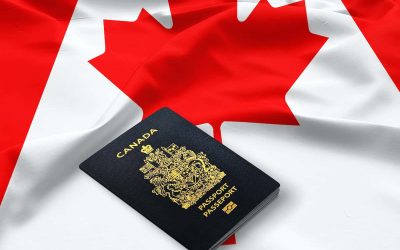Federal Immigration Minister Jason Kenney says the Saskatchewan government did the right thing in limiting the number of extended family members who can be sponsored through the provincial immigrant nominee program.
But he couldn't say whether Ottawa will agree to Saskatchewan's request to increase the number of immigrants who can be brought in through the provincial program.
The province can annually nominate 4,000 immigrants – plus dependants such as spouses and children – through the Saskatchewan immigrant nominee program, or SINP. Saskatchewan wants the federal government to raise the cap to 6,000 as the province deals with a labour shortage.
"Our message to this and other provinces has and will continue to be that if you work with us to maximize the value of the provincial nominee allocations you have, if you work with business to actually nominate people to fill acute skill shortages rather than bringing in 20 or 30 people from an extended family, then we'll work with you in the future on some modest increases to the (provincial nominee) allocation," Kenney told a Frontier Centre for Public Policy luncheon in Regina on Friday.
Kenney commended the Saskatchewan Party government on what he called a difficult but necessary decision to change the family stream of the Saskatchewan program.
Previously, newcomers could use SINP to nominate several other family members and their households at the same time. As of May 2, those applications must be made one at a time. As well, the relative being referred must first have a prearranged employment offer in a high-skilled occupation.
The change sparked a protest at the provincial legislature earlier in the week, with some immigrants saying they feel betrayed because they can't bring together family members in Saskatchewan as they had planned.
But Kenney told reporters Canada already has a "generous" family reunification immigration program which allows people to sponsor their immediate families.
"The whole point of the provincial nominee program is to fill jobs that don't have workers and it's to help business to look abroad to bring in folks that can go to work upon arrival. It is not to bring in everyone's second and third cousin," Kenney said. He said people keen on living with their extended families can always opt to do so "in their country of origin."
There were also some cases of abuse with the family referral category of the provincial program, the federal minister said.
"We had sleazy immigration consultants in Vancouver advising people on how to create a fake residence in Saskatchewan so they could use that to nominate extended family members," he said.
"So we were certainly aware that the program was being abused, that it had lost its focus on addressing labour shortages and we appreciate that the province came to the same conclusion and has made very responsible steps."
Saskatchewan Immigration Minister Rob Norris said the province is committed to keeping the family referral category of SINP and has acted to improve it. Saskatchewan will meanwhile continue to ask Ottawa to increase the overall number of immigrants the province can bring in, something business leaders are also urging, Norris said.
"What I heard today was that they certainly have been attentive to the changes that we have made – and we are going to continue to press our case."


